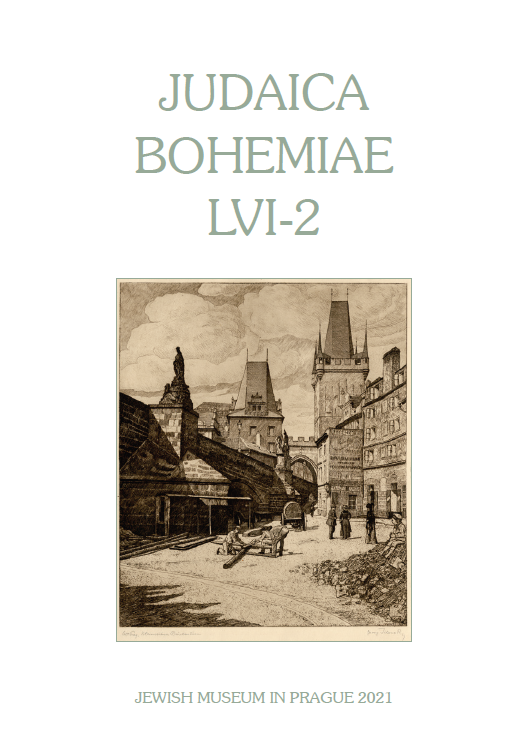Court Jews’ (‘Hofjuden’) in Remote Areas of Silesia: A Contribution to the Seventeenth-Century History of the Jews in the Bohemian Lands
Court Jews’ (‘Hofjuden’) in Remote Areas of Silesia: A Contribution to the Seventeenth-Century History of the Jews in the Bohemian Lands
Author(s): Janusz SpyraSubject(s): Modern Age, History of Judaism
Published by: Židovské Muzeum v Praze
Keywords: Silesia; Court Jews; Lords’ Jews; Mercantilism; Habsburgs; Silesian Princes; Princely Law (jus ducale); Free Estate Domains (status maiores; status minores)
Summary/Abstract: One of the issues raised while discussing the history of Jews in Central Europe in the early modern period is the existence of a specific group of ‘court Jews’, people from Jewish families who took care of their rulers’ money, luxury goods and other services in exchange for special activity opportunities, i.e. becoming ‘privileged’. Their activity is connected with a change in the role of the state and with so-called mercantilism. Thus far, historians have discussed this issue on the basis of the careers of the most famous court Jews who operated in the courts of the Habsburgs and other sovereign rulers. However, court Jews also operated in other regions. This paper shows this with the example of Silesia, which from the Middle Ages was divided into several principalities and, from the 14th century, recognized the sovereignty of the Bohemian kings (who after 1526 were Habsburgs). From the 16th century, Jews were forbidden to stay in Silesia but, in the 17th and 18th centuries, there were Jewish families at the courts of numerous local feudal lords, whose activities were typical of the court Jews.
Journal: Judaica Bohemiae
- Issue Year: LVI/2021
- Issue No: 2
- Page Range: 5-22
- Page Count: 18
- Language: English
- Content File-PDF

